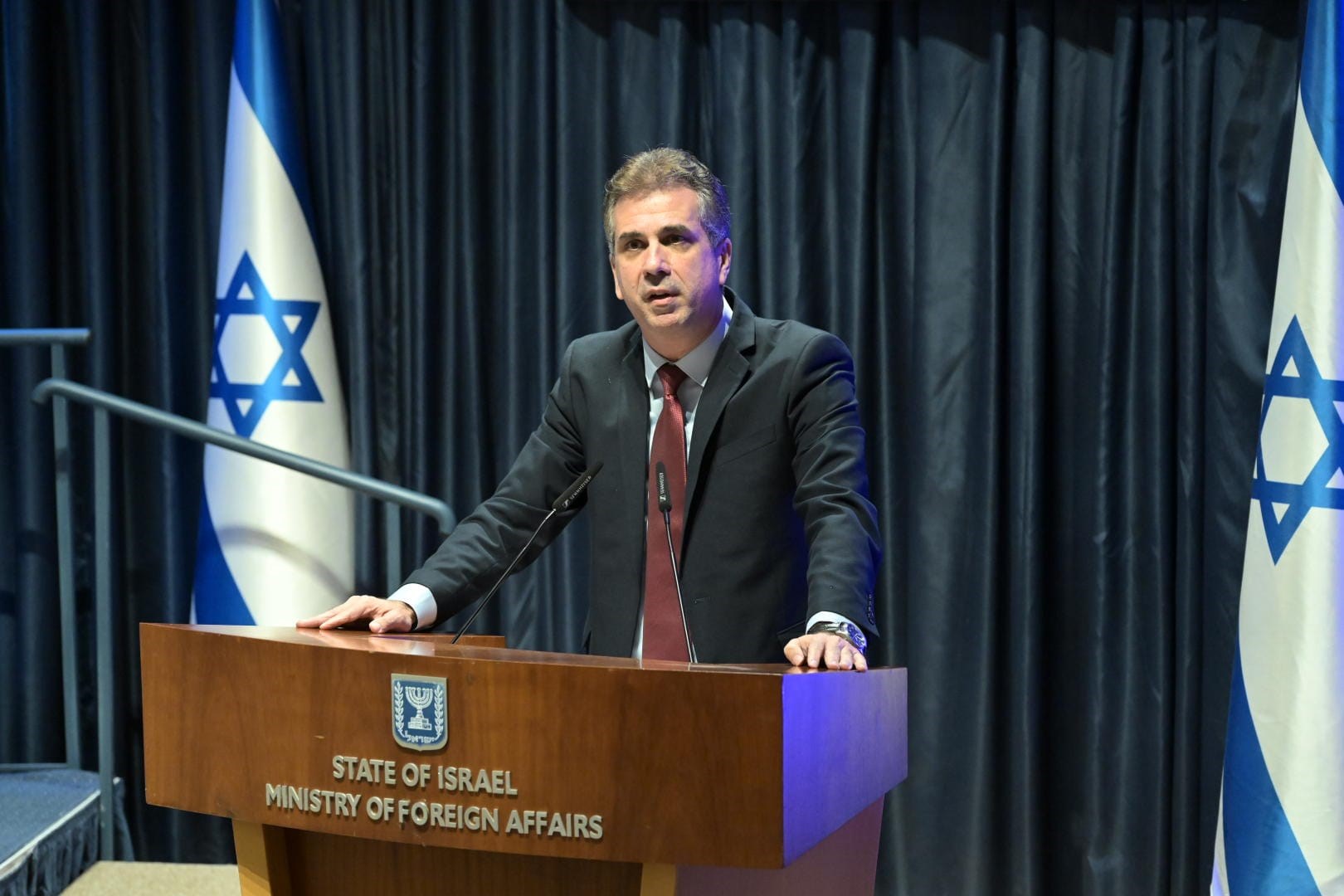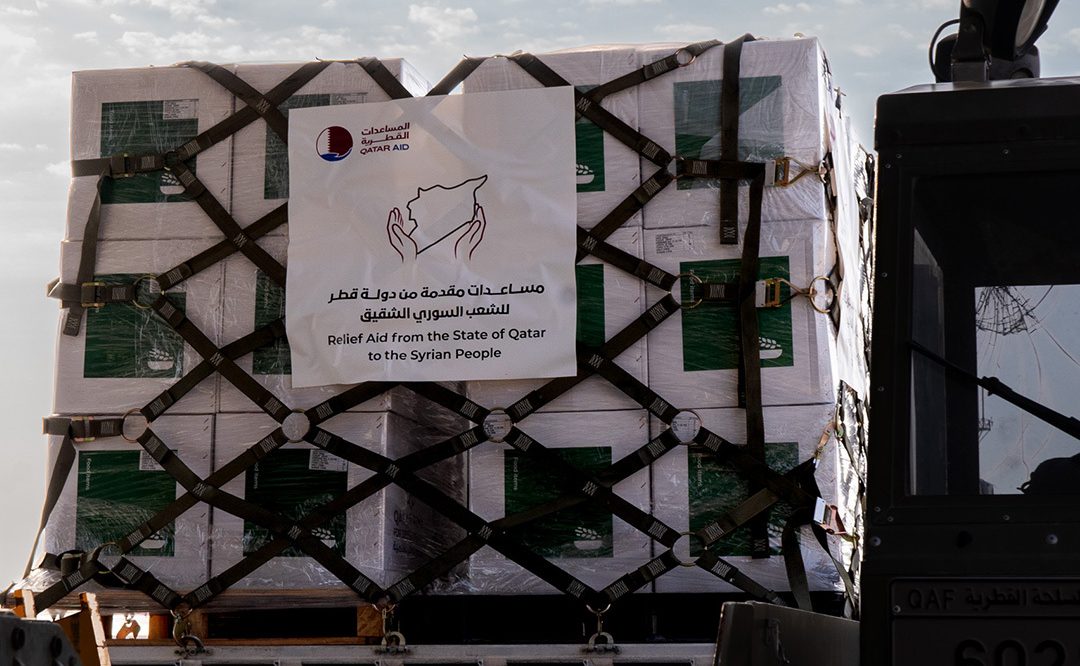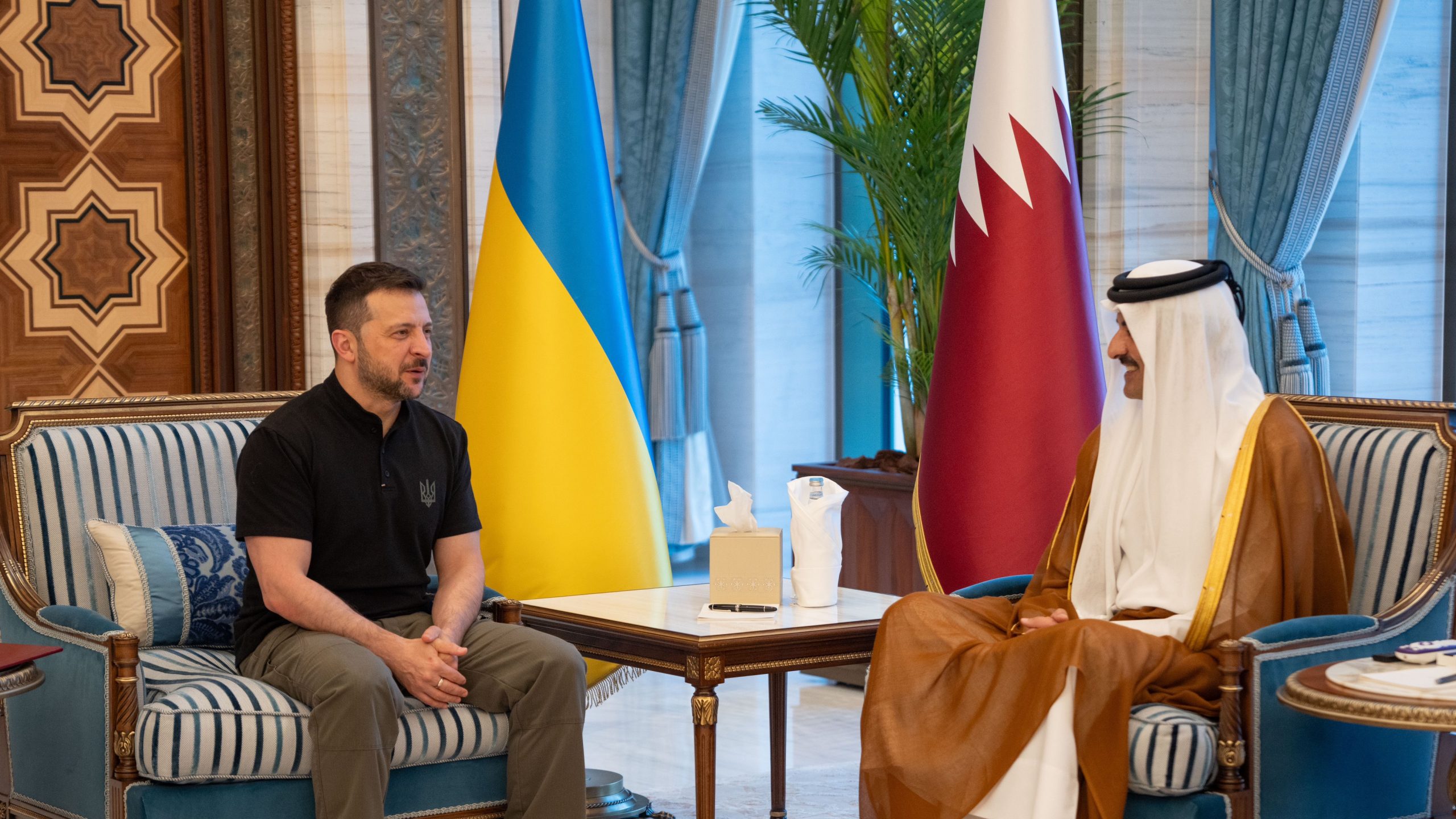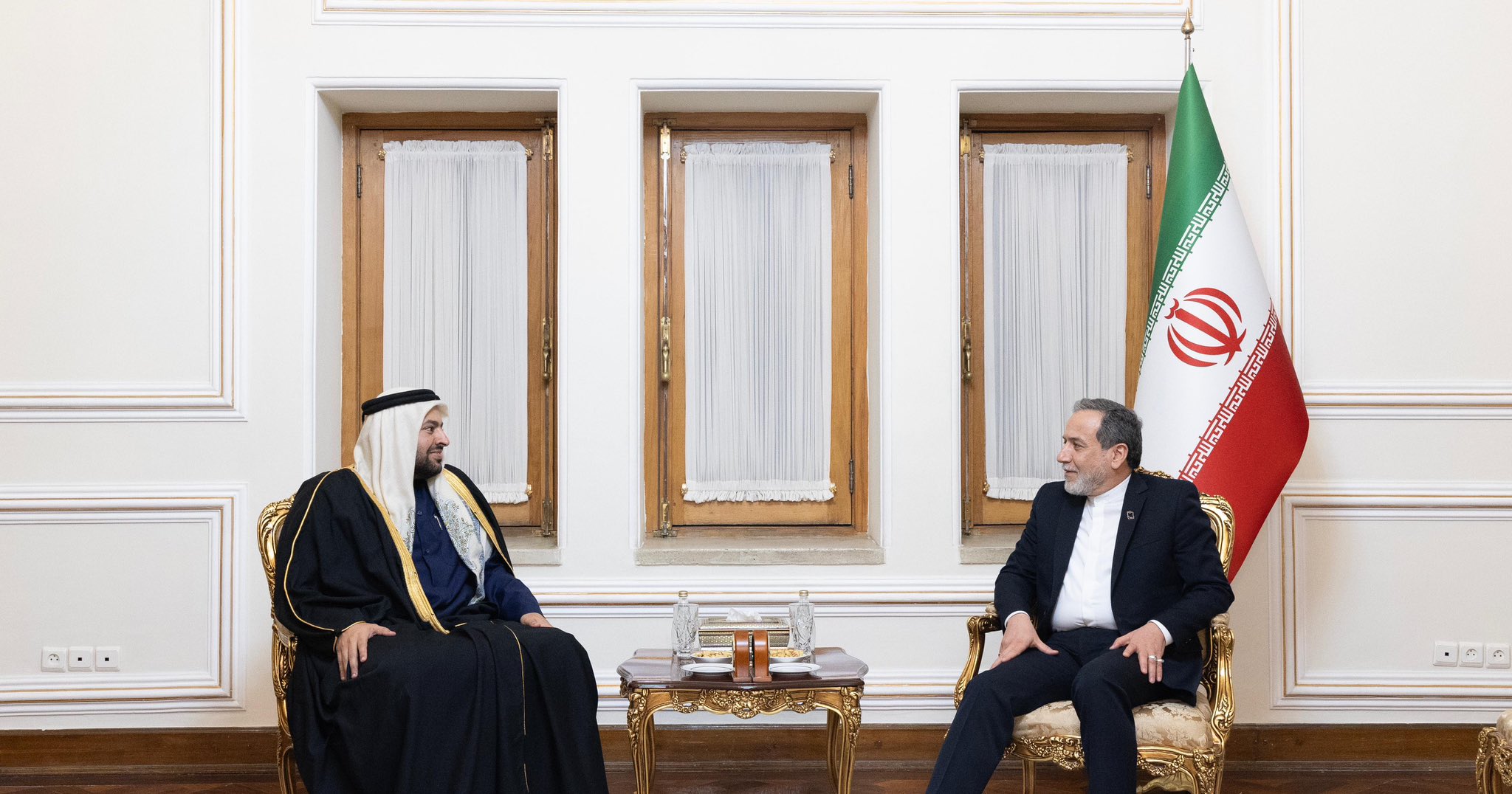The UN’s staff in Gaza have been subjected to heavy attacks by Israel since the beginning of its war on the Strip, killing more than 130 of the agency’s members.
Israeli Foreign Minister Eli Cohen said that he will not extend the visa of a United Nations employee in Israel and denied the visa request of another on Monday over the organisation’s criticism of the war on Gaza.
“We will no longer remain silent in the face of the UN’s hypocrisy! I instructed the Ministry of Foreign Affairs not to extend the visa of one of the organization’s employees in Israel, and to deny the visa request of another employee,” Cohen said in a post on X.
Cohen described the UN’s approach to the war on Gaza since October 7 as “a disgrace to the organisation and the international community,” adding that Israel “will stop working with those who cooperate with the Hamas terrorist organisation’s propaganda.”
The UN has been critical of Israel’s ongoing war on Gaza since its start, voicing its rejection of the targeting of civilian structures including hospitals. Israel has rejected criticism, accusing the world body of bias.
Israel has long cited the surprise Hamas operation of October 7, known as “Operation Al Aqsa Flood,” as the pretext for its war.
The operation saw the Al-Qassam Brigades – Hamas’ armed wing – infiltrate the occupied territories through air, land and sea while returning to Gaza with at least 240 captives.
Al-Qassam said at the time that the operation was in response to the increased raids of the Al-Aqsa Mosque and settler violence towards Palestinians. Israeli Prime Minister Benjamin Netanyahu then vowed to turn Gaza “into rubble” hours after the operation.
The UN has repeatedly criticised the Hamas operation, including the “widespread killing and hostage-taking of innocent civilians” from Israel. The organisation also vocally criticised Israel’s killing of Palestinians in Gaza and the hindering of urgent aid delivery into the Strip.
On October 25, Israel’s ambassador to the UN, Gilad Erdan, warned of blocking the visas of UN staff in response to Guterres’s criticism over the forced displacement of Palestinians in Gaza.
Erdan accused Guterres of justifying Hamas’s attacks of October 7, which were rebuked by the UN chief. Gutterres told the press at the UN Security Council that he was “shocked by the misrepresentation by some” of his statements.
He maintained that “the grievances of the Palestinian people cannot justify the appalling attacks by Hamas.”
In yet another instance against the UN, Israel decided to revoke the residence visa of Lynn Hastings, the UN humanitarian coordinator for the Palestinian territories, on December 6.
In a statement on X at the time, Cohen accused the UN of being biased while accusing Hastings of not condemning Hamas.
“Someone who did not condemn Hamas for the brutal massacre of 1,200 Israelis[…]but instead condemns Israel, a democratic country that protects its citizens, cannot serve in the UN and cannot enter Israel!” he said.
The decision came days after Hastings called out Israel’s restrictions over the entry of aid into Gaza in a report on December 4.
The UN’s Secretary-General Antonio Guterres has been repeatedly calling for a ceasefire in Gaza, which Israel has been blocking under its efforts to fight Hamas.
Guterres had invoked Article 99 of the UN Charter on December 6 which urged the UN Security Council to take action against the ongoing war in Gaza. The article was last invoked in 1989.
Commenting on the decision on December 7, Israel’s foreign minister described Guterres’s leadership of the UN tenure as a” danger to world peace.”
“His request to activate Article 99 and the call for a cease fire in Gaza constitutes support of the Hamas terrorist organisation and an endorsement of the murder of the elderly, the abduction of babies and the rape of women. Anyone who supports world peace must support the liberation of Gaza from Hamas,” Cohen said in a post on X.







